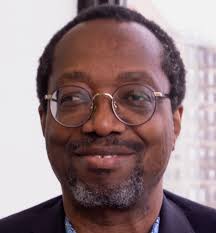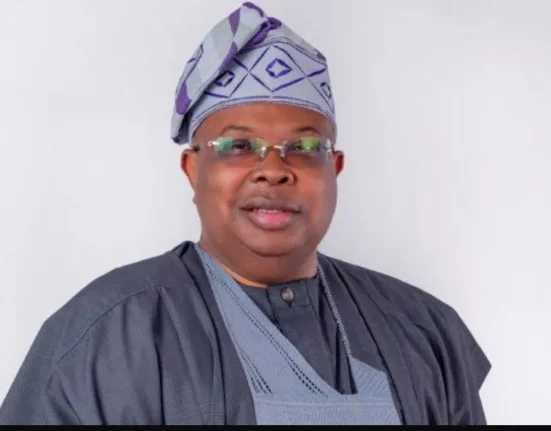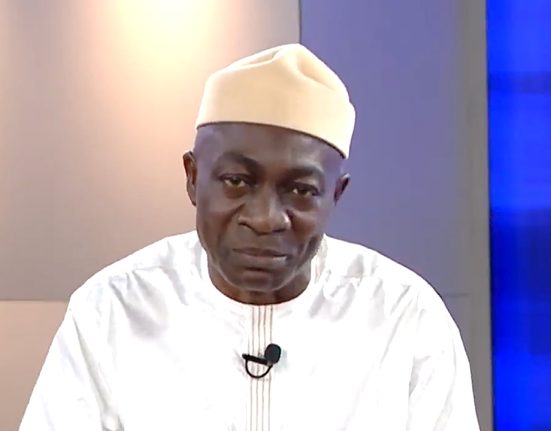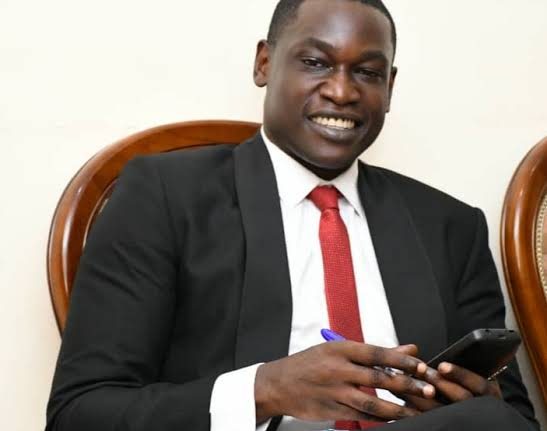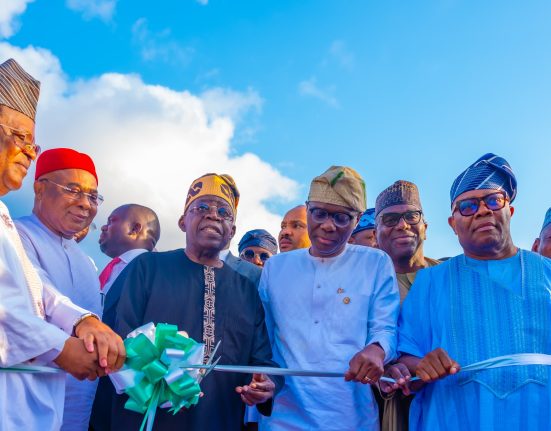A Nigerian professor based in the United States, Cyril Obi, has called on African countries to redefine democracy in a way that reflects African values, norms, and aspirations if the continent is to achieve lasting progress and greatness. Obi argued that the current model of democracy, largely borrowed from Western frameworks, has failed to deliver meaningful development and instead, Africa is facing what he terms “de-democratisation.”
Speaking at his inaugural lecture titled, “Caught Between De-democratisation and Re-democratisation: Grappling with Africa’s Complex Conjunctures through the Lens of Political Dialectics,” delivered at the University of the Free State in South Africa, Obi highlighted the worrying trend of democratic decline across parts of the continent. Despite widespread adoption of democratic governance, recent military coups and political instability signal a retreat from democratic ideals.
Obi referenced recent studies revealing that although 66 percent of Africans reject military rule, this percentage has dropped by 11 percent in recent years, indicating a growing tolerance for undemocratic interventions. He blamed the deterioration of democratic governance on systemic corruption, political manipulation, state capture, and judicial interference in election processes.
“The manipulation of multi-party elections is a central driver of this de-democratisation,” Obi explained, citing countries such as Nigeria, Equatorial Guinea, Burkina Faso, Mali, Sudan, and Zimbabwe as examples where pseudo-democratic governments have emerged through electoral manipulation. He also pointed to a new book by Nigerian human rights scholar Chidi Odinkalu, which discusses the “judicialisation of elections” — a troubling trend where courts are weaponized to create authoritarian conditions under the guise of legality.
Obi emphasized the urgent need for Africa to shift away from Western democratic models and develop a system that resonates with the continent’s youthful population and evolving social realities. “Reversing the de-democratisation trend requires a paradigm shift rooted in a deep understanding of Africa’s changing social dynamics. This includes fostering political dialogue that empowers citizens to re-democratise the continent on terms that promote freedom, equality, and peace,” he said.
The professor underlined that Africa’s future rests heavily on its youth and a generational shift towards re-democratisation that embraces new technologies, social movements, and global transformations. He pointed out that Africa has undergone phases of re-democratisation before, notably during the 1990s when multi-party democracies replaced one-party states, but stresses that this current moment demands a more profound and structural transformation.
Obi was quick to clarify that the call to redefine democracy is not about Pan-Africanism alone, but about cultivating an African democracy that is fit-for-purpose and capable of engaging with global partners while respecting the continent’s rich knowledge systems and institutions. He urged African scholars not only to transform political theory but to actively apply and communicate these ideas to drive tangible change.
Concluding his lecture, Obi warned that Africa must break free from the cycle of failed liberal democratic experiments that have repeatedly faltered on the continent. “Breaking this cycle will open the door for a democratic revolution rooted in Africa’s own struggles, visions, and imaginations,” he said, envisioning a future where democracy truly reflects the aspirations of African peoples.

